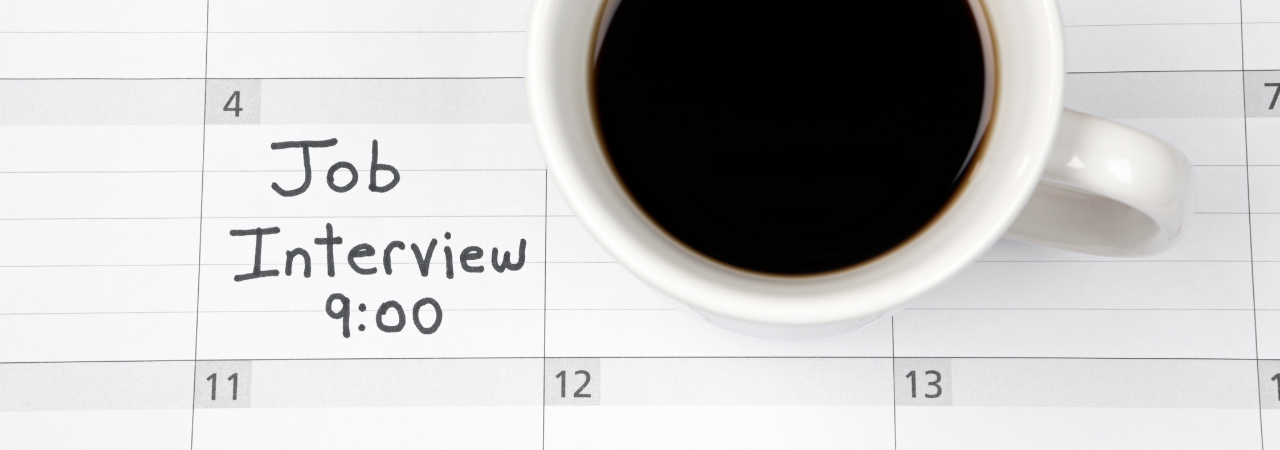What dental assistants should know about working interviews

Typically, a job interview consists of answering questions about your training, experience, and skills. Increasingly, however, employers are incorporating working interviews into their hiring processes. These types of interviews are particularly common for dental assistants. If you’re a dental assistant on the job hunt and have been invited for a working interview, here’s what you should expect and how to set yourself up for success.
What is a working interview?
As opposed to a traditional sit-down conversation with a hiring manager, a working interview is essentially a day (or half day) of work. You’ll perform the duties of a dental assistant during an interview, allowing the dentist and others involved in the hiring process to observe your knowledge, abilities, and interpersonal skills in real-life scenarios. You may assist with one patient, or you might be asked to work a whole day. While there may be a more traditional interview involved in the hiring process, a working interview allows you to back up your words with action and directly demonstrate your competency as a dental assistant. A working interview is also an opportunity for you to get some inside information on the practice. In addition to seeing how the practice operates, take note of how the team interacts with each other and how the dentist treats staff to get a feel for whether it’s a fit for you.
What to expect at a working interview
During a working interview, you may spend some time shadowing another assistant to get a feel for what their responsibilities are and where equipment and supplies are located in the office. You should also be prepared to perform the normal responsibilities of a dental assistant, which will depend on what’s allowed in your state and may include:
- Aiding the dentist during procedures
- Taking x-rays
- Taking impressions
- Sterilizing instruments and exam rooms
- Preparing trays and exam rooms
- Updating patient notes and records
Will you be paid for a working interview?
You should also be compensated for a working interview. Remember, this is a real day of work. Even though it’s “just” one day, you are putting your scrubs on, supporting patients, and helping the practice generate revenue — and you should be paid for this work. In fact, the Fair Labor Standards Act legally requires employers to compensate candidates who participate in a working interview. To avoid any last-minute surprises, talk to the hiring manager about this before your interview. Determine the hours you’ll work, the rate of pay, and how you’ll be paid — and get it all in writing to cover your bases.
Tips for your working interview
Now that you know what to expect from a working interview, how can you set yourself up for success? Here are a few tips for getting the most out of the interview:
- Dress appropriately: Make sure to wear clean scrubs and comfortable shoes. To comply with infection control protocols, tie long hair up, remove jewelry, and neatly trim your fingernails. If you aren’t sure what to wear, ask the hiring manager about the dress code before your interview.
- Introduce yourself to everyone: This can help you make a good first impression and get comfortable with the staff. After all, they could be your future teammates!
- Learn where things are: Before diving into the day, take some time to familiarize yourself with the office layout and where supplies and equipment are located. The person you’re shadowing will likely show you around.
- Ask questions: If you aren’t sure where something is or how the office does a certain task, just ask! This is the best way to get to know the practice better, learn how they do things, and evaluate if they’re a fit for you.
- Take initiative: Once you’re feeling comfortable, don’t be afraid to demonstrate your work ethic. For example, if the dentist is finishing up with a patient, offer to help prepare the next exam room. This can demonstrate that you’re a team player who’s willing to pitch in wherever you’re needed.

